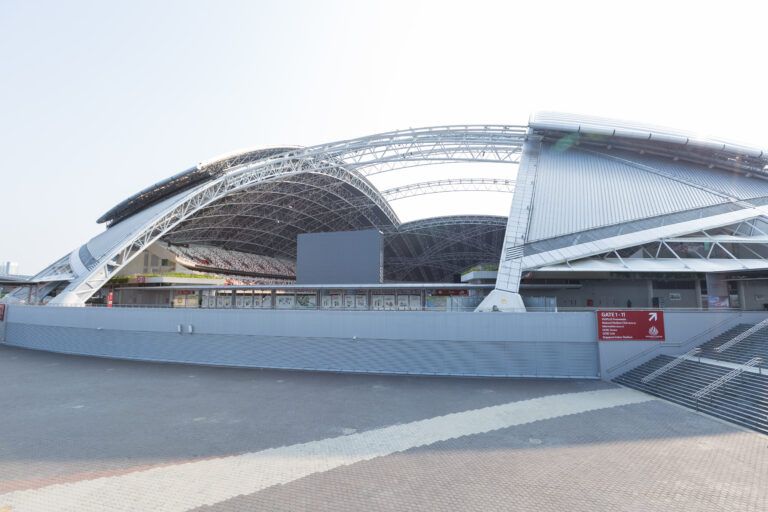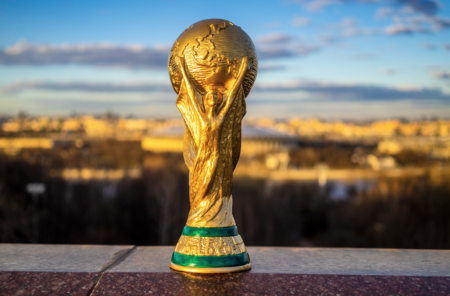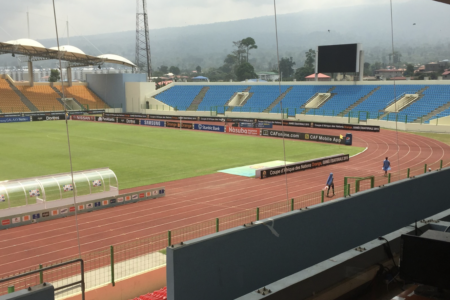Singapore Sports Hub, a state-of-the-art, fully integrated sports, entertainment and lifestyle hub has announced a carbon partnership agreement with Dow.
This collaboration marks the first carbon mitigation project in Singapore under Dow’s carbon partnership with the International Olympic Committee (IOC), as well as the first property owner collaboration within the program.
Singapore Sports Hub is the first and largest Public-Private-Partnership (PPP) sports facility infrastructure project in the world and is owned and operated by SportsHub Pte Ltd. It provides a blueprint for what is possible in terms of adaptable, integrated building design, from its intentional multi-use concept to a commitment to using sustainable materials.
Together, Dow and Singapore Sports Hub worked with Arup to quantify greenhouse gas (GHG) reductions based on the facility’s beyond-business-as-usual energy efficiency performance during its operational lifetime. Reductions successfully surpassed local building codes and stringent sustainable requirements for public buildings in Singapore. This was made possible in part by the combined experience and unique expertise of organizations including DP architects, urban planning firm Arup, and AECOM, making the most of materials/components through cutting-edge design, effective implementation and efficient operation.
“It’s no secret that buildings and construction remain the largest energy-consuming and resource-intensive sector in the world. The question we’ve been asking ourselves at Dow is, what can we do about it? How can we help this industry choose stronger low-carbon solutions that drive advanced performance without compromising on cost, wellbeing, tenant comfort or design freedom?” said Paul Fong, Country Director, Dow Singapore & Malaysia. “Through this project at the Singapore Sports Hub, I think we were able to answer that question—and it all starts with collaboration.”
According to the 2019 Global Status Report for Buildings and Construction, to counteract the significant impact of the industry on energy-related GHG emissions, the average building energy intensity per unit of floor area for new construction projects needs to be at least 30% lower than current levels by 2050. This means adopting effective low-energy designs, and advanced operating systems and building technologies, such as highly-efficient Dow silicone structural glazing (SSG) technology. DOWSIL 791 Weatherproofing Sealant and DOWSIL 795 1-Part Structural Sealant were used to seal the façade and roof panels of the Singapore Sports Hub stadium, retail and indoor office areas. It is verified that Dow’s silicone solutions contributed in part to the property achieving a net GHG emission reduction of approximately 126 metric tonnes of CO2e over the period of January 2016 to December 2020, contributing to further offsetting the operational carbon footprint of the IOC. It is estimated that approximately 1450 metric tonnes of CO2e will be saved over the lifetime of the building (calculated as 60 years).
“The Singapore Sports Hub project aims to promote a more sustainable, healthy, and active society,” said Lionel Yeo, Chief Executive Officer, Singapore Sports Hub. “This carbon partnership agreement with Dow validates that we have been able to set a new standard for the adaptability and sustainability of large complex projects like ours. Take for example the National Stadium at the Singapore Sports Hub. The free-spanning dome of this 55,000-seat venue uses just one-third the steel weight per square meter of other large span structures of this scale, while the bowl cooling system reduces energy consumption by 15 percent as compared to conventional air-conditioned stadiums.”
The Sports Hub collaboration is one of several projects under Dow’s carbon partnership with the IOC, using sport as a catalyst and going beyond business as usual to advance the adoption of technologies and practices that can build a low-carbon economy. Through third-party verified GHG reductions resulting from collaborative projects in building and construction, manufacturing and industrial processes, and packaging, Dow helped enable—and exceed—carbon neutrality of the IOC’s daily global operations from 2017-2020.
Beyond the venue, Dow also recently joined national sports agency Sport Singapore (SportSG) and other partners to establish a first-of-its-kind permanent shoe-waste collection ecosystem in Asia Pacific in which the rubberized soles and midsoles of used shoes will be recycled into materials for sports surfaces and playgrounds. This partnership builds upon a successful 2020 pilot program between Dow and SportSG that resulted in the collection of more than 75,000 shoes—the equivalent of approximately 3.3 kilometers of jogging track.





